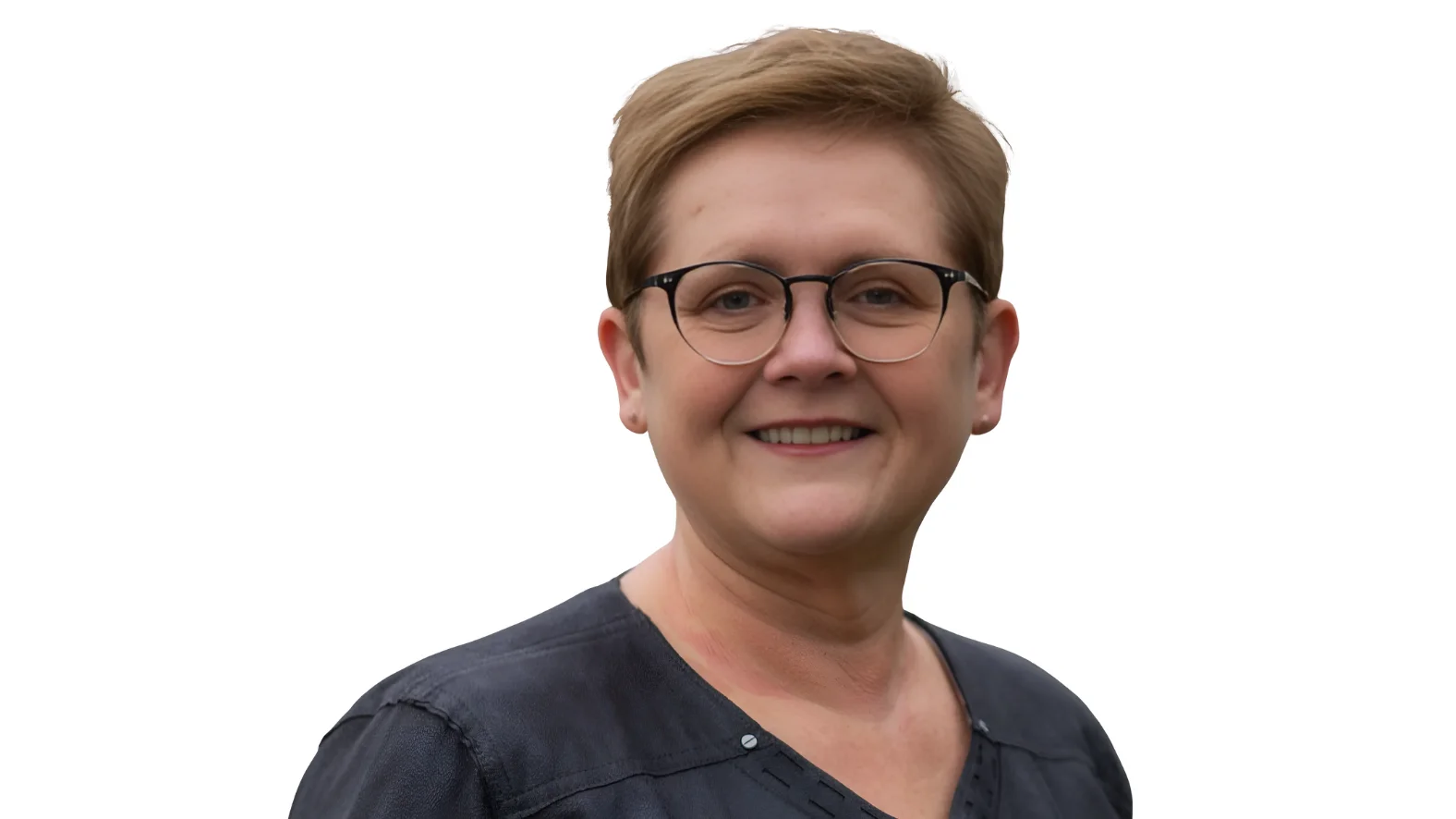Susan Corbin, Director at Bureau of Labor & Economic Opportunity | Bureau of Labor & Economic Opportunity
Susan Corbin, Director at Bureau of Labor & Economic Opportunity | Bureau of Labor & Economic Opportunity
The Michigan Women's Commission (MWC) recently organized a screening of "Confessions of a Menopausal Femme Fatale" by Satori Shakoor as part of its ongoing Menopause: It’s a Movement initiative. The event provided a platform for women to discuss their experiences with menopause and access information about symptoms and treatment options.
Susan Corbin, director of the Michigan Department of Labor and Economic Opportunity, addressed the importance of workplace support for women experiencing menopause. "When we create policies and workplace cultures that acknowledge and support women navigating menopause, we’re not only promoting health and dignity — we’re making a smart investment in our workforce and our economy,” Corbin said. “Supporting women at every stage of their careers helps retain experienced talent, boosts productivity and fosters workplaces where everyone can thrive. The return on that investment is healthier employees, stronger businesses and a more resilient economy for all."
The event featured a panel that included Satori Shakoor, Dr. Diana Bitner of True Women’s Health, Paula Cunningham from AARP Michigan, Dr. Sara Cramton, and Dr. Karen Litos. Shakoor shared her personal journey with menopause: “When I was first going through the symptoms of perimenopause, I noticed that I didn’t recognize myself. I was having hot flashes, mood swings, night sweats, palpitating heart, brain fog, all these scary sorts of symptoms. And when I asked my mother, she didn’t remember going through it,” Shakoor said. “I wanted to go through it and then on the other side, write about it, so that women coming behind me would have something. Every woman will have a different experience of symptoms, but I wanted there to be something for them and they wouldn’t have to go through what I went through. I hope they take some part of my story and allow it to make a difference. To let it ruminate, let it free them. You don’t have to be ashamed or uncomfortable about being a woman and being at this powerful stage of life with all these other years ahead of you, if you’re lucky.”
Representative Julie Rogers opened the event and is currently leading bipartisan efforts to expand support for Michigan residents experiencing menopause. Proposed legislation includes House Bill 4814, which would require private health insurers in Michigan to cover menopause and perimenopause treatments such as hormone replacement therapy and other FDA-approved options while banning "fail first" requirements.
In the United States, women represent 51% of the population and about 75 million are currently in perimenopause, menopause or post-menopause. An estimated 6,000 women reach menopause each day. Research from the Mayo Clinic estimates that lost productivity due to menopausal symptoms costs U.S. employers approximately $1.8 billion annually and related healthcare expenses exceed $24 billion.
MWC conducted a statewide survey in 2024 to gather data on women's experiences with menopause in the workplace. The commission plans to use the findings to issue recommendations for employers and policymakers aimed at fostering menopause-supportive work environments.
Cheryl Bergman, executive director of the Michigan Women’s Commission, emphasized the broader significance of addressing menopause at work: "Addressing menopause in the workplace is essential to understanding the full scope of challenges women face across their careers and lives,” Bergman said. “This work shines a light on an issue too often overlooked, yet one that directly impacts women’s health, economic security and professional growth. As part of our mission to review the status of women in Michigan, highlight critical issues and celebrate their contributions, the Menopause Movement is a vital step toward creating policies and workplaces that truly support women at every stage."
Earlier this year, MWC hosted a Women’s History Month event with Governor Gretchen Whitmer, Halle Berry and Dr. Pauline Maki to raise awareness about the lack of research and information on menopause and its impact on women's health.
MWC continues to organize events across Michigan to encourage open discussion about menopause and involve local policymakers and health professionals in efforts to reduce stigma and develop policy solutions.
More information about the Michigan Women’s Commission can be found at michigan.gov/mwc.






 Alerts Sign-up
Alerts Sign-up